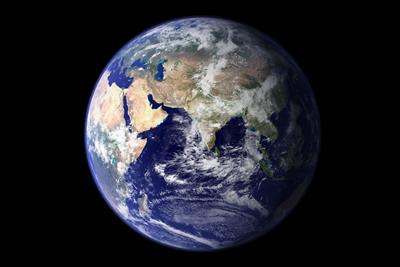Southampton to lead global study on role of oceans in a sustainable future

A global research community will assess how oceans could drive a sustainable recovery from the COVID-19 pandemic to address climate change in a new project led by the University of Southampton.
A multi-disciplinary team spanning five continents will identify opportunities, barriers and potential solutions for a sustainable recovery, highlighting the consequences of inaction, in the new study funded by the Worldwide Universities Network (WUN).
The network, led by Professor Susan Gourvenec, will draw on the expertise of specialist global institutes and centres, including Southampton’s Centre of Excellence in Intelligent & Resilient Ocean Engineering and Southampton Marine and Maritime Institute.
This year marks the start of the UN Decade of Ocean Science for Sustainable Development, which represents a once in a lifetime opportunity for the global community to come together, collaborate, share knowledge, develop capability, and shape policy to ensure oceans are sustainably managed globally.
Professor Gourvenec, Royal Academy of Engineering Chair in Emerging Technologies – Intelligent & Resilient Ocean Engineering, says: “We are in the midst of a climate crisis. The need to reimagine and realise a sustainable future for a growing and increasingly wealthy global population is unequivocal. Our oceans provide immense space and natural resources for green food, energy and other resources.
“It is crucial that we understand the geographical distribution and diversity of natural ocean resources, access to technological solutions, social relationships and attitudes to the oceans, and policy approaches to interventions in the oceans. This will enable geographically appropriate, practical and responsible technology, social and policy solutions to enable our essential interactions with the oceans while protecting their health to contribute to our sustainable future.”
The global network includes representatives from the University of Alberta, in Canada, University of Auckland, in New Zealand, University of Bergen, in Norway, University of Cape Town, in South Africa, The Chinese University of Hong Kong, University of Lausanne, in Switzerland, University of Southampton and The University of Western Australia.
Partners will provide perspectives and data for different regions developed through a series of online workshops over the coming months. Through this collaboration, researchers plan to achieve a greater understanding of the regional specificities of ocean resources, access to sustainable solutions to responsibly harvest those resources, drivers and constraints for current and future interactions with the oceans, and the threats and impact of inaction.